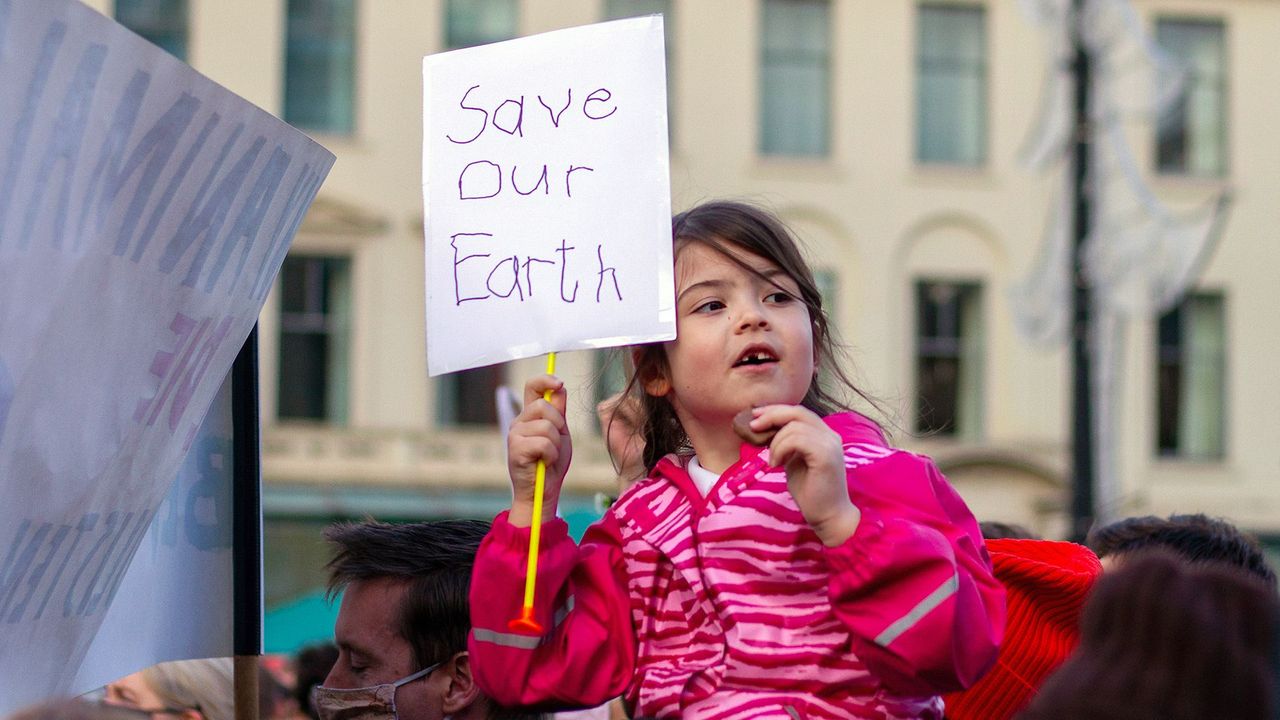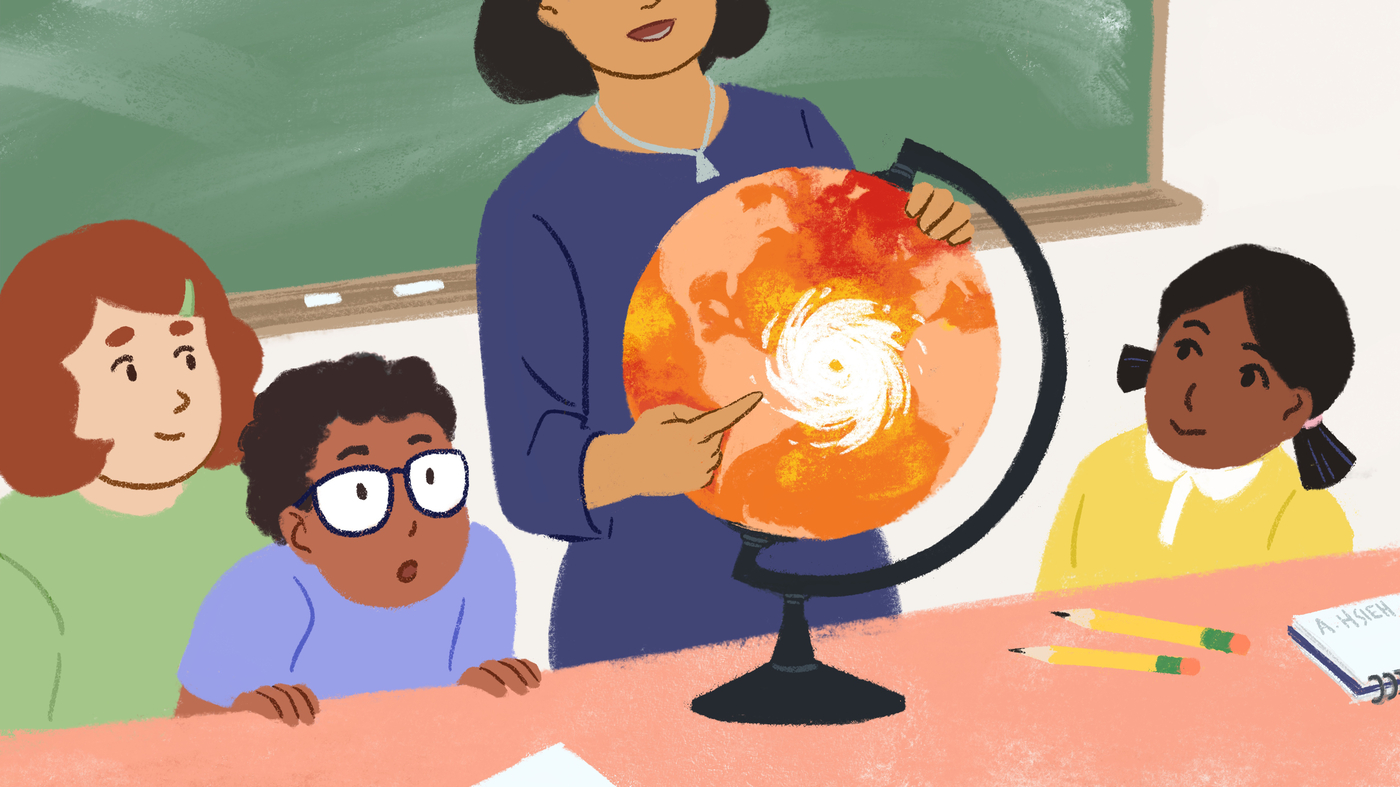In recent weeks, flooding has submerged parts of Texas, Minnesota, and Florida, wildfires have ravaged California, and Hurricane Beryl has wreaked havoc in the Caribbean. These natural disasters exemplify the increasing frequency and intensity of events driven by climate change.

The Rising Concern of Climate Anxiety
The visible effects of climate change are significantly impacting America’s youth. A 2021 study revealed that 59% of teens and young adults are very worried about the impact of climate change. This pervasive concern is contributing to what experts term “climate anxiety”—a sense of doom and distress about the future of humanity and the planet. This anxiety can manifest through intrusive thoughts and feelings of helplessness, leading to disruptions in daily life.
The Power of Listening and Finding Common Ground
For parents wanting to alleviate their children’s climate-related worries, Elizabeth Bagley, managing director at Project Drawdown and a mother of two, advises starting with active listening. She emphasizes the importance of parents becoming the “trusted adults” in their children’s lives by genuinely listening to their concerns. This approach not only reassures children but also helps parents understand the specific fears and misconceptions their kids might have.
Listening can also bridge gaps with individuals who might hold differing views on climate change. Bagley suggests finding common ground with those who may not believe in climate change but value protecting natural resources for activities like hunting and fishing. By focusing on shared values, it becomes possible to collaboratively implement solutions that benefit both sides.
Empowering Youth Through Action and Advocacy
To keep children motivated to take climate action, especially when results aren’t immediately visible, Bagley encourages teaching them about the systems that influence daily life and how they can advocate for change within those systems. She offers a practical example from her community in Sitka, Alaska, where advocating for safer bike lanes can lead to healthier lifestyles and reduced car dependence. This type of community engagement can inspire kids to see the tangible impacts of their efforts.

Conversations about climate change shouldn’t solely revolve around problems. Bagley believes they should highlight the solutions and actions people are taking to address the issue. By focusing on positive steps and successful initiatives, parents can foster a sense of agency and hope in their children.
In her own family, Bagley maintains a solution-oriented approach by reminding her sons that they have the power to influence their lives and communities. “One of the things that I like to remind my sons is that we are the people lucky enough to be alive at this moment in time, and so we get to write the next chapter of life on Earth,” she says. “So what are we going to do?
